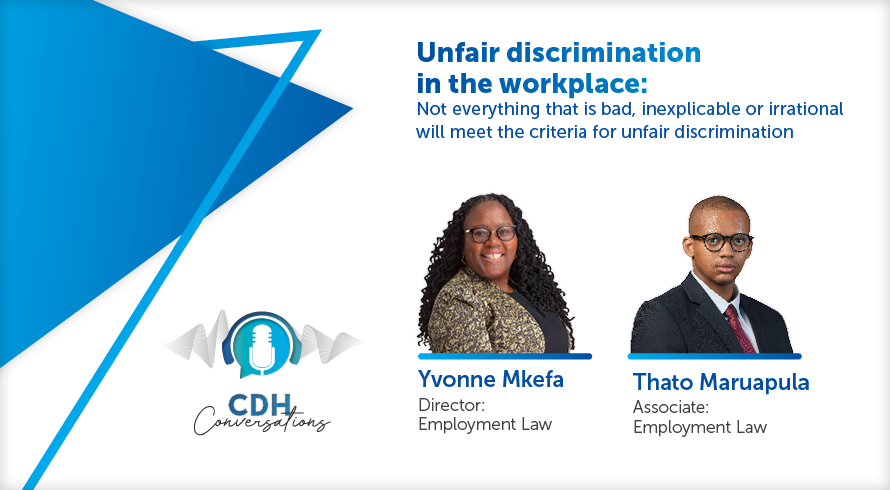Mining rights safe from land restitution claims
In June 2003 the Macassar Land Claims Committee (Committee) launched an application before the Land Claims Court (LCC) seeking restitution of a right in land under the Restitution of Land Rights Act, No 22 of 1994 (Restitution Act). Maccsand holds a mining right over one of the erven in relation to which the Committee seeks restitution. As part of its restitutionary relief, the Committee sought orders expropriating and expunging Maccsand’s mining right.
In 2008 the LCC (per Gildenhuys J) concluded that the Minister of Public Works was empowered to expropriate a mining right for purposes of restitution and that it had the power to order the Minister to effect such expropriation. This conclusion jeopardised mining rights as it allowed for the possibility that those rights could be expunged for reasons and by way of processes not contemplated in the MPRDA.
The State delivered a special plea, with which Maccsand made common cause, to the effect that the LCC had no power to order the expungement and expropriation of a mining right. The matter finally came before the Supreme Court of Appeal (SCA) in November 2016, where Maccsand argued that: in terms of the new legal regime ushered in by the MPRDA, a land owner may no longer prevent a properly licensed third party from mining on his or her land; the right to restitution under the Restitution Act does not include the right to land that is free from a mining right; the Restitution Act cannot be used to undo the consequences of the MPRDA; and just as the LCC has no power to confer under the Restitution Act a mining right that was never held by a claimant, neither does it have the power to order the expungement and expropriation of such a mining right.
The SCA found in favour of Maccsand and upheld the special plea. Although Wallis JA found against the Committee on a number of grounds, he also had occasion to consider the LCC’s powers. He found that, whatever rights the Committee and the community it represents may once have had in relation to the erf in question, since the advent of the MPRDA the right to mine is independent of land ownership and comes about only in terms of that statute. To the extent that the community lost the right to mine, that loss occurred as a result of South Africa’s mining legislation and irrespective of the historical dispossession of which the community complained:
“Where a claimant under the [Restitution Act] seeks restitution of a right in land they cannot claim that the right be free from the impact of current regulatory legislation enacted after the inception of democracy. Nor can they demand that it be free of the impact of the MPRDA and free of rights properly granted under it.”
Wallis JA therefore found that even if the Committee were ultimately to acquire title to the erf in question, that would not afford it any right to undertake mining itself or to interfere with a right properly obtained by Maccsand under the MPRDA in relation to that erf. The SCA accordingly upheld the special plea and found that the LCC had no power to order the expungement or expropriation of Maccsand’s mining right.
The Constitutional Court dismissed the Committee’s subsequent application for leave to appeal on the basis that it bore no prospects of success, thus preserving the stability of the mining regime under the MPRDA and avoiding that stability from being engulfed with uncertainty and undermined.
The information and material published on this website is provided for general purposes only and does not constitute legal advice. We make every effort to ensure that the content is updated regularly and to offer the most current and accurate information. Please consult one of our lawyers on any specific legal problem or matter. We accept no responsibility for any loss or damage, whether direct or consequential, which may arise from reliance on the information contained in these pages. Please refer to our full terms and conditions. Copyright © 2026 Cliffe Dekker Hofmeyr. All rights reserved. For permission to reproduce an article or publication, please contact us cliffedekkerhofmeyr@cdhlegal.com.
Subscribe
We support our clients’ strategic and operational needs by offering innovative, integrated and high quality thought leadership. To stay up to date on the latest legal developments that may potentially impact your business, subscribe to our alerts, seminar and webinar invitations.
Subscribe




